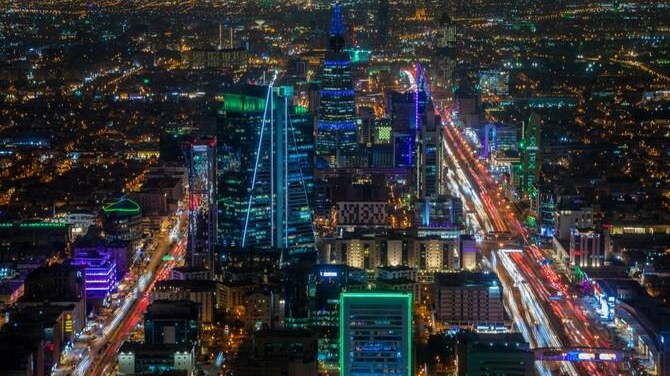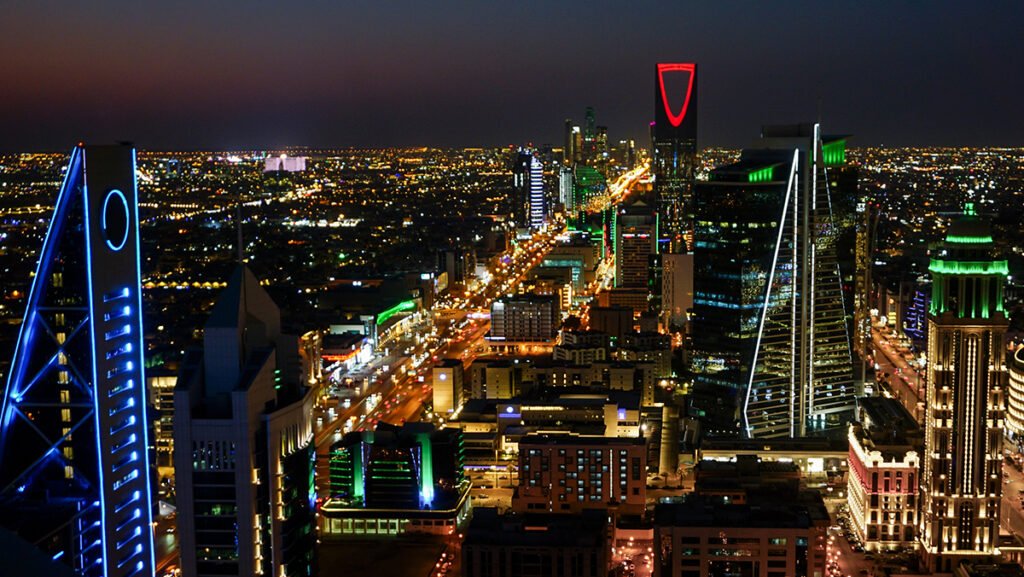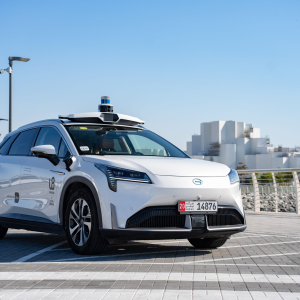Saudi Arabia is making major moves to become the Silicon Valley of the Middle East. The country has long depended on oil to drive its economy, but now it is focusing on building a modern technology sector to diversify and prepare for the future. Through heavy investment in innovation, artificial intelligence, and smart cities, Saudi Arabia aims to transform itself into a global hub for tech startups, research, and development.
This vision is ambitious and requires huge financial resources, new infrastructure, and social changes. But Saudi Arabia is committed to the goal and has laid out clear plans to achieve it by 2030 and beyond.
Vision 2030: The Roadmap for Economic Transformation
At the core of Saudi Arabia’s efforts is Vision 2030, a government initiative introduced by Crown Prince Mohammed bin Salman. This plan is designed to reduce the Kingdom’s reliance on oil revenues and create a more diverse economy that is driven by technology, tourism, entertainment, and renewable energy.

Vision 2030 focuses on several key areas:
- Building digital infrastructure and smart services
- Supporting education and skills training for young Saudis
- Encouraging entrepreneurship and innovation
- Attracting foreign investment in technology sectors
By focusing on these priorities, Saudi Arabia hopes to create an environment where startups and tech companies can thrive. This would make it a magnet for local and international talent who want to build the future of technology in the region.

NEOM: The Future City Shaping Saudi Arabia’s Tech Vision
One of the most impressive projects linked to Saudi Arabia’s goal to become the Silicon Valley of the Middle East is NEOM — a $500 billion futuristic city currently being built in the northwest of the country.
NEOM is designed to be a center for innovation, powered by renewable energy and advanced technology. It will have smart buildings, AI systems managing daily life, and sustainable transportation. The city is planned to include several zones for different industries like biotech, robotics, and digital media.
The Line: A City Without Cars or Roads
Inside NEOM is a project called The Line — a 170-kilometer-long city that is planned to house up to 9 million residents without cars or streets. Instead, residents will travel using ultra-fast public transit underground. The Line promises a zero-carbon footprint with no pollution or traffic jams.
This ambitious design shows Saudi Arabia’s determination to lead the way in futuristic urban development, which could serve as a model for smart cities worldwide.
Heavy Investment in Artificial Intelligence and Data Infrastructure

Saudi Arabia is investing heavily in artificial intelligence (AI) as part of its plan to become the Silicon Valley of the Middle East. The government sees AI as a key driver for future economic growth and a way to improve many sectors, from healthcare and education to transportation and government services.
Saudi Arabia’s Public Investment Fund (PIF) has allocated billions of dollars to AI-focused startups and global technology companies. It is also building new data centers and cloud infrastructure to support AI research and applications.
Some key goals include:
- Hosting AI model training and development
- Partnering with global tech leaders to transfer knowledge
- Supporting homegrown AI startups with funding and mentorship
The aim is to build a strong AI ecosystem that can compete on the world stage.
Growing the Startup Ecosystem: Support for Entrepreneurs
To truly become the Silicon Valley of the Middle East, Saudi Arabia knows it must support entrepreneurs and small businesses. The Kingdom is creating programs that provide startups with access to funding, training, and networking opportunities.
Several Saudi startups have already gained attention for their innovative solutions in fintech, healthcare, logistics, and e-commerce. The government is working to remove barriers such as complicated regulations and limited access to venture capital to help more startups succeed.
Initiatives like the NEOM Investment Fund and Saudi Tech Ventures are key players in this ecosystem, providing seed money and strategic support to promising companies.
Building Human Capital: Education and Talent Development
No tech hub can grow without skilled people. Saudi Arabia is investing in education to prepare its young population for jobs in science, technology, engineering, and math (STEM).
Universities and technical institutes are expanding their technology programs, and partnerships with international institutions are bringing new knowledge and teaching methods to the Kingdom.
Training programs for coding, AI, and digital skills are also becoming widespread, including efforts to include more women in the tech workforce.
This focus on human capital development is essential for Saudi Arabia’s long-term success as a technology leader.
Challenges Saudi Arabia Faces on Its Path to Tech Leadership
While Saudi Arabia’s vision is clear and investments are large, the Kingdom faces several challenges on its road to becoming the Silicon Valley of the Middle East:
- Economic dependency on oil: Oil revenues still make up a big part of the country’s income, and fluctuating oil prices can impact funding for tech projects.
- Social and regulatory changes: To attract foreign companies and talent, Saudi Arabia needs to continue social reforms and ease regulatory hurdles.
- Building trust: International partners often look at political and human rights records before investing or collaborating.
- Global competition: Other Middle Eastern countries, like the UAE and Israel, are also investing heavily in tech and innovation.
Addressing these issues carefully will be key to maintaining momentum.
The Road Ahead: Saudi Arabia’s Emerging Role in the Global Tech Scene

Saudi Arabia’s efforts to become the Silicon Valley of the Middle East are already creating waves in the region. Its huge investments in futuristic cities like NEOM, AI development, and startup support show clear ambition.
If these projects succeed, Saudi Arabia could emerge as a top tech hub that attracts global innovators, entrepreneurs, and investors. The Kingdom’s focus on sustainability and smart living also aligns with global trends that prioritize green and efficient technologies.
Over the next decade, Saudi Arabia’s technology sector is expected to grow rapidly, offering exciting opportunities for businesses and individuals alike.
Conclusion: A Promising Future as a Tech Powerhouse
Saudi Arabia’s race to become the Silicon Valley of the Middle East is a story of bold vision and determined action. By investing billions into technology, education, and smart infrastructure, the Kingdom is reshaping its economy and society.
The journey will not be without challenges, but with a clear plan and strong leadership, Saudi Arabia has the potential to become a leading center for innovation in the Middle East and beyond.
The world will be watching as Saudi Arabia builds the future — one startup, one AI breakthrough, and one smart city at a time.
Read More: Prospect and Mulk Invest AED 350M in Dubai’s Business Future












